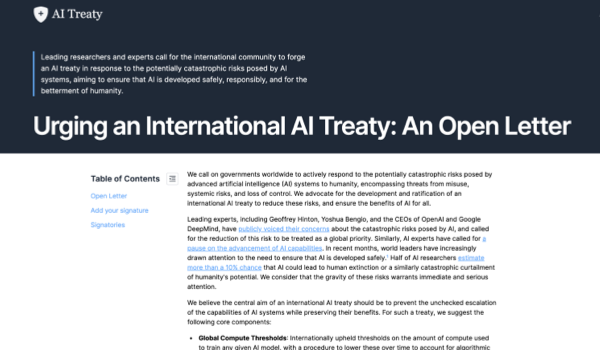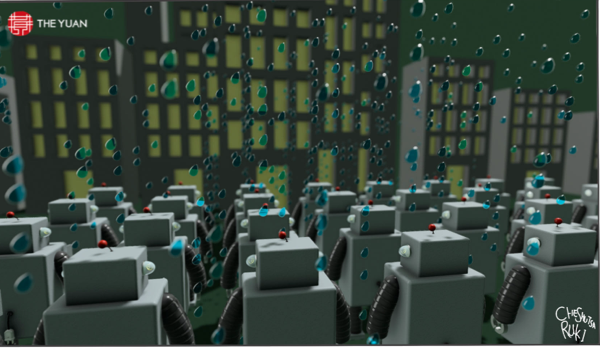


LONDON - Other than Silicon Valley, the United Arab Emirates may be the most future-oriented and optimistic place on the planet. Futurism and techno-optimism are natural mindsets in a country which has pretty much invented itself from scratch in two generations. During this period, its people have progressed from a medieval lifestyle to being 21st century metropolitans, so it is unsurprising that the UAE has been quick to spot the enormous future significance of artificial intelligence (AI) and pioneer its deployment.
It is not just the UAE. The leaders of all six members of the Gulf Cooperation Council (GCC) - Bahrain, Kuwait, Oman, Qatar, Saudi Arabia, and the UAE - see AI as an important component of their mission to transition their economies away from reliance on fossil fuels and improve living standards for their people. They are looking to AI to help them develop alternative energy sources, create smart cities, improve government services, and build world-class industries in fintech, healthcare, and tourism.
Especially today, the oil-rich members of the GCC have both the financial resources and the ambition to become major players in the development and deployment of AI. Their revenues are also being boosted by Vladimir Putin’s war in Ukraine, which has driven up the price of oil and other commodities. Their ambitions are encouraged by the shocking capabilities of the generative AI systems which started grabbing headlines a year ago.
The Gulf states also have an additional advantage over most other jurisdictions: Their large expatriate workforces mean that they can automate fearlessly. To put it bluntly, if machines do end up taking more human jobs than they create, these countries can simply send their excess workers back home. This may help explain why the ordinary people of the GCC seem less af
The content herein is subject to copyright by The Yuan. All rights reserved. The content of the services is owned or licensed to The Yuan. Such content from The Yuan may be shared and reprinted but must clearly identify The Yuan as its original source. Content from a third-party copyright holder identified in the copyright notice contained in such third party’s content appearing in The Yuan must likewise be clearly labeled as such. Continue with Linkedin
Continue with Linkedin
 Continue with Google
Continue with Google







 1223 views
1223 views










